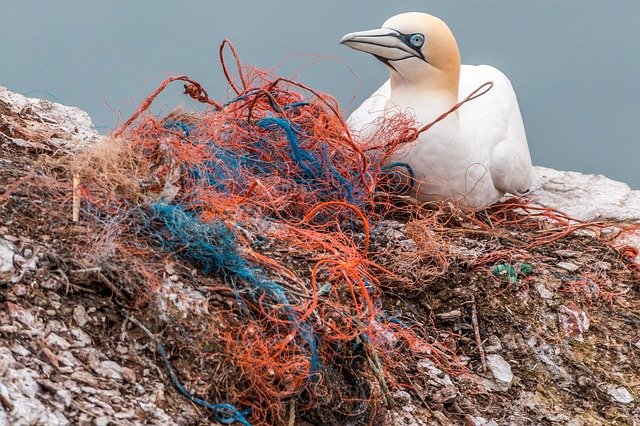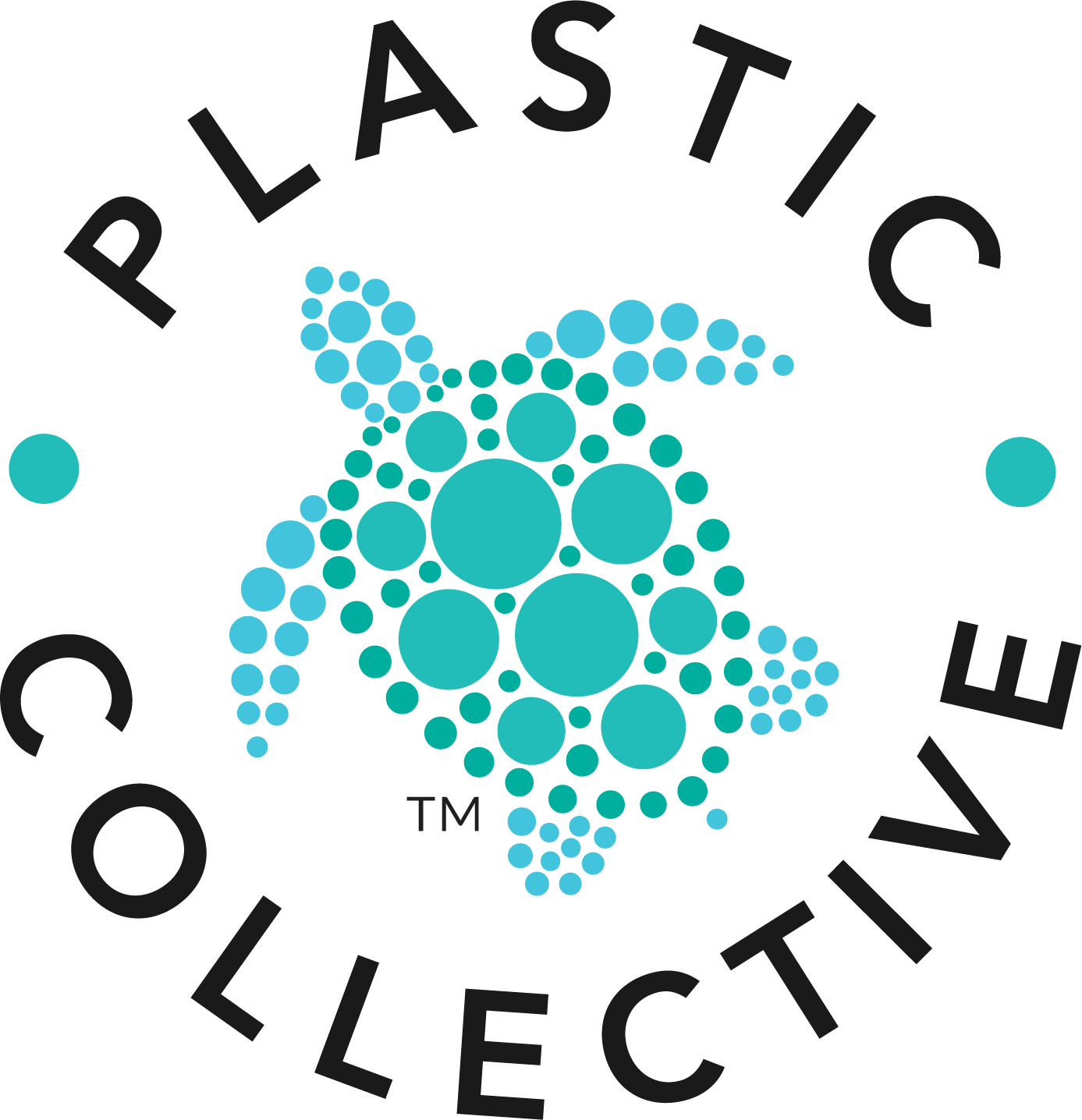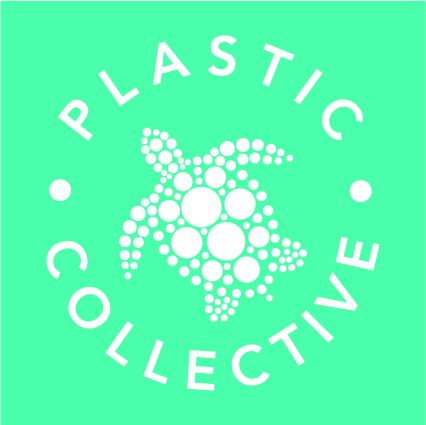UN Global Plastics Treaty – the hits and misses of INC4

Last week, Ottawa hosted thousands of negotiators and observers for the fourth meeting of the UN Intergovernmental Negotiating Committee (INC) which is charged with negotiating by the end of this year a global, legally binding treaty to reduce plastic pollution. Plastic Collective was in attendance as an observer and also co-hosted a side event on its innovative partnership with the World Bank and Citibank to issue the first ever Plastic Waste Reduction Linked Bond in January this year.
Side Event on Financing Plastic Waste Reduction
At the side event, speakers from the World Bank, Citibank, Verra and Plastic Collective discussed the mechanics of the innovative, seven-year $100 million bond. Through the bond, investors are providing approximately $14 million in up-front financing to two projects in Ghana and Indonesia to increase capacity at existing facilities, expand to new collection and recycling sites, and install food-grade recycling equipment. In addition to reducing plastic pollution, the projects create improvements in local pollution and air quality, reduce associated health impacts, and create jobs in often overlooked and marginalised communities.
The innovative use of plastic and carbon credits for coupon payment purposes in this transaction introduces an entirely new way of financing plastic collection and recycling operations as well as preventing plastic waste from leaking into the ocean. “If you cannot finance recycling, you’re not going to make a dent in … the Herculean task of expanding recycling 2,000% in the next 25 years to handle the three-fold increase in plastic production forecast by 2060,” said Steve Hardman, chief executive at Plastic Collective. “Post-consumer, just 9 percent of plastic is recycled at present; the remaining 91 percent ends up in landfill, the environment, or is incinerated”, he added.
Hardman said that a legal “polluter pays” obligation on brands, which the United Nations Plastics Treaty is aiming to set, would be the key trigger for pollution-linked financing. “If the brands can’t work out how to do this directly, which is very difficult for them, they must invest in projects via plastic credit mechanisms to do the work on their behalf,” he said.
The INC4 Negotiations
Treaty talks began in Uruguay in December 2022 (INC-1) and continued in Paris in May 2023 (INC-2), and then in Nairobi in November (INC-3). Discussions have meandered across the myriad of options with respect to treaty scope, chemicals of concern, problematic plastics, microplastics, product design, extended producer responsibility (EPR), financing and implementation.
The Ottawa meeting saw these discussions sharpen into text negotiation, reflecting the strong will and optimism amongst the majority of negotiators to agree a text at the final meeting in Busan, South Korea in November that can then be ratified and implemented by nations in 2025.
The other ‘big hit’ at Ottawa was the agreement to conduct formal intersessional work between now and November on: global bans on problematic plastics and chemicals, global product design requirements, and a robust financing mechanism to secure a just transition for emerging nations. On the latter, the interesting notion of a global polluter tax, or “makers fee” was proposed as a means of having plastic producers finance (via their host countries) the plastic pollution mitigation activities of emerging nations. We’ll leave you to imagine the reaction to this proposal of the unprecedented number (196) of fossil fuel and chemical industry lobbyists who registered for INC4 via observer groups.
The outputs of these intersessional working groups will feed directly into the final negotiations at Busan. Additionally, it was agreed that a legal drafting group will be established to conduct a legal review of the text and provide recommendations to INC5.
The ‘major miss’ of INC4 – arguably overshadowing the ‘hits’ above – was the blocking and bracketing of draft text requiring parties to reduce the production of primary polymers. To compound this, there was no agreement to this critical treaty provision being progressed via intersessional work. This strikes at the heart of the treaty’s ultimate efficacy. Around 460 million tonnes of plastic is produced globally each year, with production forecast to increase three-fold by 2060 to 1,231 million tonnes per annum. Petrochemical companies, envisioning a peak in oil production and continued clean energy transition, are actually increasing their plastic production capacity. Post-consumer, just 9 percent of this plastic is recycled at present; the remaining 91 percent ends up in landfill, the environment, or is incinerated. “Bridge to Busan” coalition of 50 countries has been formed to push for the inclusion of a reduction in primary plastic production in the Treaty at INC5.
Extended Producer Responsibility
There were also exhaustive (exhausting?) side discussions around EPR schemes at INC4. The general view is that the treaty should allow for the detailed modalities of EPR schemes to be defined in a technical Annex to the treaty – to be developed once the main provisions are agreed. These modalities will (ideally) support both a high degree of harmonisation between national fee-based EPR schemes, and a transition towards mandatory recovery, recycling and recycled content targets. There is great interest in the Philippines EPR scheme implemented in July 2022 given its flexible approach and ambitious mandatory targets (see summary below).
The Philippines EPR legislation requires “obliged large enterprises” (assets over USD 1.7m) to register and achieve plastic waste diversion targets (i.e. the volume of plastic packaging waste recovered for reuse, recycling, treatment or proper disposal) of 80% of their plastic footprint by end 2028. Where targets are exceeded these certified volumes can be traded with other enterprises for offset purposes.
Enterprises have broad scope as to how they go about meeting this target – and they can do so individually or collectively, with or without a PRO (Producer Responsibility Organization – conducts recovery and diversion activity for obliged enterprises). The legislation includes the following hierarchy of activity (for waste diverted into downstream supply chains):
- Reuse
- Mechanical recycling
- Chemical recycling
- Alternative Recycling
- Co-processing (e.g. cement kilns) of non-recyclables and low quality plastic
- Waste to energy
- Safe disposal in sanitary landfills.
Enterprises submit their EPR plan and independently audited compliance report to the government annually. Requiring enterprises to submit audited reports is cost effective for the government – the need to build an internal audit team is avoided. For diverted (into downstream supply chains) material, the plan must include a material or mass balance study that allows for GHG computation and analysis on the main materials and processes involved in the plastic waste value diversion in comparison with the baseline. Fines for non-compliance range from USD 85,000 to USD 480,000 depending on whether it is a first, second etc. offence.
The Philippines EPR scheme, like four others globally to date, accommodates the use of offsetting. That is, an Obliged Enterprise can elect to meet a portion of its targets via the purchase of offset certificates from entities engaged in plastic recovery and recycling. What we love about this is that it fits perfectly with our Plastic Waste Reduction Linked Bond initiative.
Right now, each and every party to the Treaty has woefully insufficient waste management infrastructure to meet its obligations and to ultimately enable the plastic pollution crisis to be addressed (investment of $5.2 trillion is needed to limit plastic leakage from global supply chains to 3 per cent by 2040). This is because collection networks that yield appropriate quality waste material and enhance the conditions of waste pickers take time and money to build; investments in new recycling facilities yield unattractive returns. The ‘game-changer’ provided by the bond is that it enables the new Producer Responsibility Organisations doing the collection and recycling to receive financing up front and then pay back (interest only) using a portion of the independently verified offset certificates (aka credits) that they generate from their collection and recycling activity. There is an enormous opportunity here for such outcome bonds to help nations fund the establishment and maintenance of both their EPR schemes and new waste management infrastructure. Please contact us if you would like to learn more about how our Plastic Waste Reduction Linked Bond works.
Bridge to Busan
Back to the Treaty negotiations – there is a long bridge to cross to conclude a meaningful plastic treaty by year end, specifically (and in addition to the primary polymer production point above) :
- No global objective has been agreed yet, although several have been mooted (“end plastic pollution by 2040”, “reduce plastic production by 60 percent by 2050”) – this is central to addressing the global plastic pollution crisis.
- Related to this, the question of the extent to which the Treaty will be legally binding or voluntary remains unresolved – the former clearly provides a clearer pathway to addressing plastic pollution (binding is best).
- Logistically, the 145 parties are yet to formally agree to the conventional ‘consensus’ model of passing resolutions (i.e. each party must say yes for the resolution to pass); negotiators have to date provisionally adopted a majority vote model (or ‘threat of vote’). No vote has taken place as yet, however, this issue will be forced at INC5. Obviously, consensus enables a truly global commitment, but comes at the price of Treaty ambition.
However, the bridge is not insurmountable. With negotiators fuelled by Canada’s eternal optimism in Ottawa, combined with the fact that the UN mechanism for establishing global treaties, whilst not perfect, is a tried and tested model – a binding and meaningful global Treaty is achievable. By ‘meaningful’, we’re referring to the Treaty being sufficiently broad in its scope whilst also flexible in its provisions so as to give parties a pathway to ratification and implementation within their domestic political and economic environments. Bear in mind also that this is not a ‘one-shot’ play; the Treaty can be strengthened over time through successive Conferences of the Parties (COPs), and the development of National Action Plans that have EPR legislation as their core. See you in Busan.

